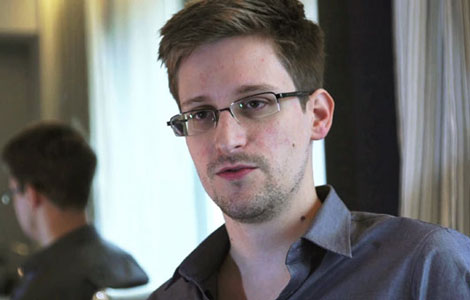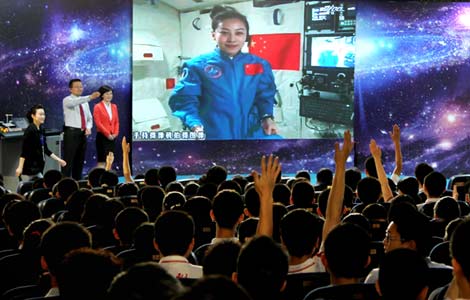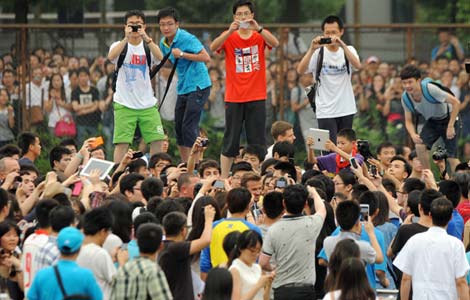
UNITED NATIONS - The Democratic People's Republic of Korea (DPRK) said Friday it wanted "the dissolution of the UN Command" on the Korean Peninsula, which, it said, is "only misused by the United States" and "has nothing to do with the United Nations."
The statement came as Sin Son Ho, the permanent representative of the DPRK to the United Nations, was speaking at a press conference at UN Headquarters in New York.
"The UN Command is the US Command in essence," he said.
The United Nations Command is the command structure for the multinational military forces supporting South Korea during and after the Korean War in the 1950s.
The Korean War came to a cease-fire on July 27, 1953, when the Armistice Agreement was signed in Panmunjom on the border of the DPRK and South Korea. But the war is not officially over because no peace treaty has ever been signed.
"As a whole, the UN Command can not play its role and is doomed to be dissolved," Sin said. "The dissolution of the UN Command is a pressing issue."
The UN Command resolution is "not only necessary to remove the root cause of the tensions on the Korean Peninsula," but also necessary to secure peace in the region, he said.
Meanwhile, the DPRK UN ambassador also called for a permanent peace treaty to replace the Armistice Agreement.
"The dissolution of the UN Command is one of the first requirements," he said. "Unfortunately, the United States has gone against" such a proposal from Pyongyang.
Earlier this year, Pyongyang argued that the United States is against replacing the Armistice Agreement with a permanent peace treaty because it wants to hold onto the armistice regime and the UN Command.
"We hope the US to accept our proposal this year when it marks the 60th year of the signing of the Armistice Agreement," he said.
On the denuclearization of the Korean Peninsula, Sin said, "We are not against the denuclearization, but the denuclearization should not be unilateral."
At the same time, he reaffirmed the offer to hold talks with the United States, which he said could include the issue of nuclear weapons, but he reiterated that the US hostility can " lead to war any time" on the Korean Peninsula.
"The DPRK-US talks can have broader and in-depth discussion to replace the armistice mechanism," he said.








